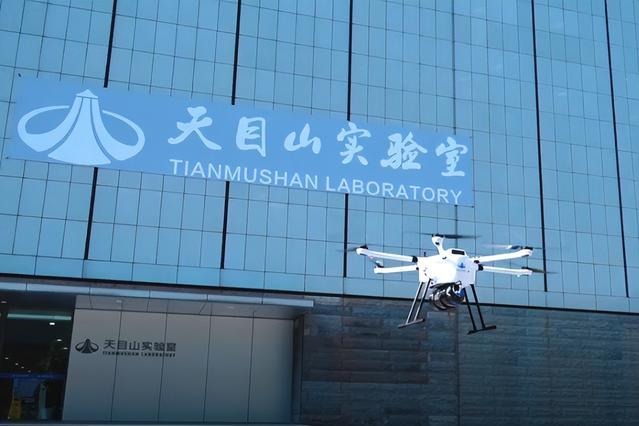Trump to hear views on vaping after stepping back from ban

US President Donald Trump was scheduled to meet with vaping industry representatives and medical experts on Friday after he backed off from a nationwide ban on flavored e-cigarettes that had sparked opposition from manufacturers of vaping products and those who use them.
"There is a serious problem among our youth and their growing addiction to e-cigarettes," the White House said on Wednesday in a statement. "The policy-making process is not stalled-it continues to move forward."
Along with state officials, representatives of advocacy groups and medical associations will also attend the meeting.
In September, Trump said he was considering a ban on the sale of most flavored nicotine e-cigarettes that appeal to teenagers.
But earlier this month, the US president delayed the ban on sweet, fruit-flavored e-cigarette pods after pushback from vape shop owners, e-cigarette users and advisers who said prohibiting the products would damage his 2020 election prospects in key swing states.
Trump has said he favors raising the minimum age for purchasing vaping products from 18 to 21, a position favored by Juul Labs, the market leader in the sector.
In the US, about 2,100 people have gotten sick from vaping, and 42 have died, the Centers for Disease Control and Prevention, or CDC, reported.
More than 27.5 percent of high school students in the US have used e-cigarettes, up from 20.7 percent in 2018, the CDC's National Youth Tobacco Survey found.
Many who have become ill due to the use of e-cigarettes said they also vaped products that contained THC, the psychoactive element in marijuana that gives users a "high" or "buzz". Such products often contain vitamin E acetate, a thickening agent. The link to illness isn't conclusive, and more research is needed, the CDC said.
Juul, which holds about 70 percent of the e-cigarette market in the US and is the target of several federal investigations, has said that it has stopped accepting orders for most flavored pods in the US and has suspended all broadcast, print and digital advertising.
Lawsuits filed against Juul this week by the attorneys general of New York and California allege that the company deliberately marketed and sold vaping products to young people and helped create a public health crisis.
The lawsuits allege that the company specifically targeted young people with deceptive advertising featuring flavors like mango, cool mint and cucumber. They charge that the company failed to warn customers that the products contain nicotine, misrepresented them as a safer alternative to cigarettes and illegally sold them to minors. The attorney general of North Carolina announced a similar lawsuit in May.
The American Medical Association, or AMA, has called for an immediate ban on all electronic cigarettes and vaping devices not approved by the Food and Drug Administration, or FDA, to help people quit using tobacco.
So far, no vaping products have been reviewed or approved for that use by the FDA.
Members of the AMA, the largest national association of medical doctors, voted on Tuesday in San Diego to request that federal and state governments prohibit the general sale of vaping and e-cigarette products not approved as cessation products. They said the products should be available only by prescription.
The medical association also recommended more study on the use of drug and non-drug treatments to deal with nicotine addiction. The doctors called for diagnostic codes for e-cigarette and vaping associated illnesses, which would help researchers better identify patients with lung injuries stemming from vaping.
Some criticized the association's proposal, saying legal tobacco products have been proven to cause more health problems than e-cigarettes.
Last week, the Massachusetts state House of Representatives voted to ban the sale of all flavored tobacco products and to impose a 75 percent excise tax on the sales of e-cigarettes. The state Senate is expected to take up the measure soon.
In September, Massachusetts Governor Charlie Baker had banned the sale of all vaping products for four months after declaring a public health emergency.
Proponents say such a ban and tax would discourage children and teenagers from vaping and help prevent them from becoming hooked on nicotine.
Today's Top News
- China remembers victims of Nanjing Massacre, 88 years on
- New plan will be a road map for a stronger future
- Taiwan's character of the year a vote against confrontation
- Strengthened resilience key for economy
- Video sheds new light on Japan's wartime atrocities
- Xi: World yearns for peace, trust more than ever






























